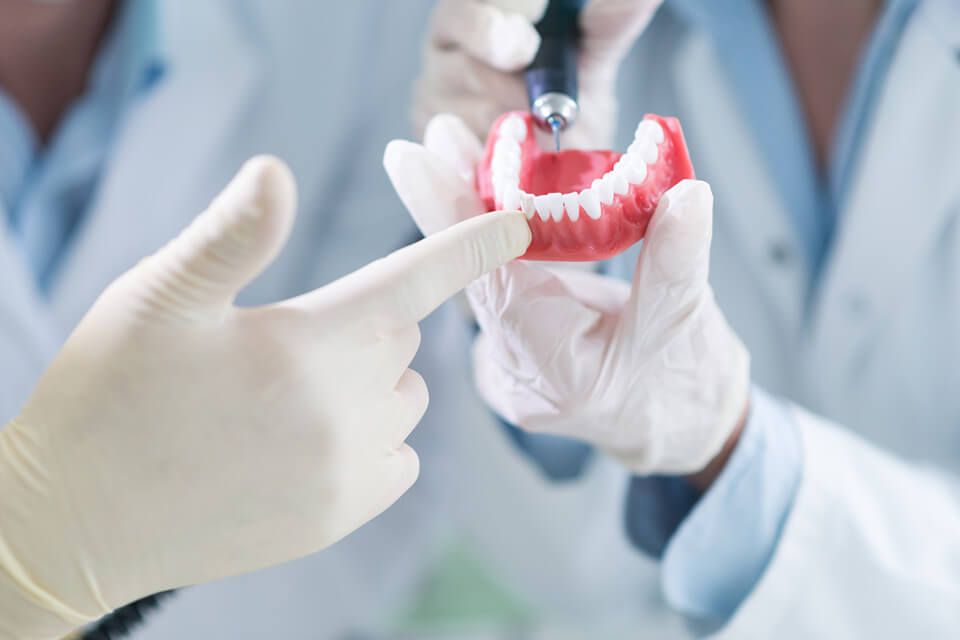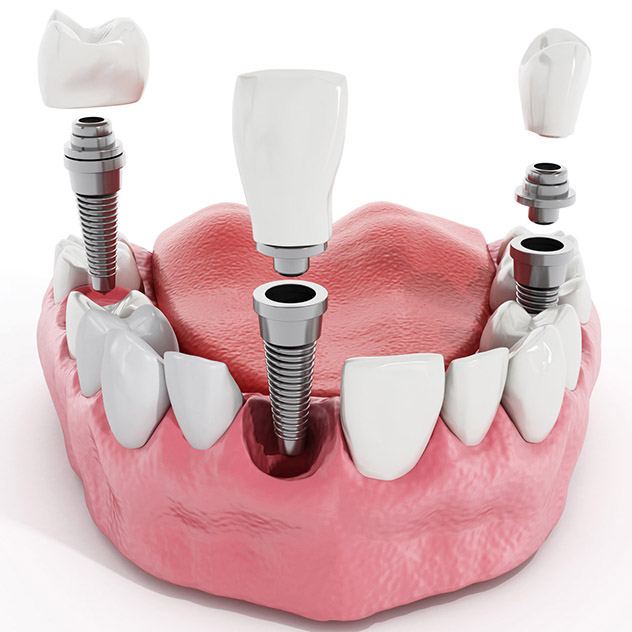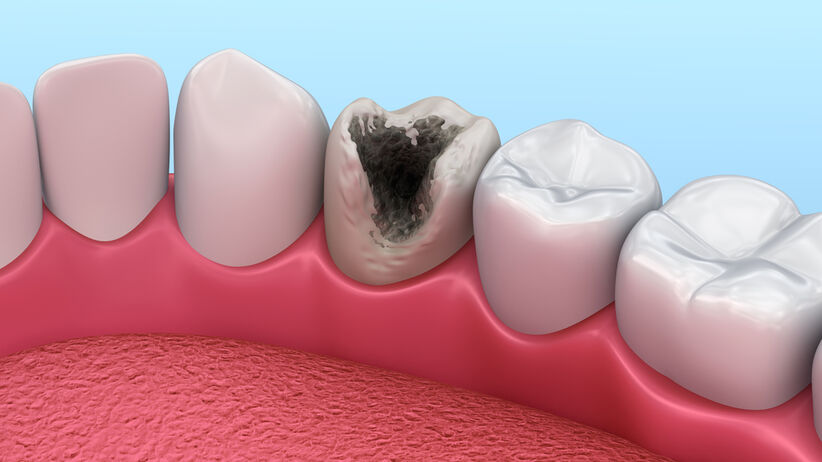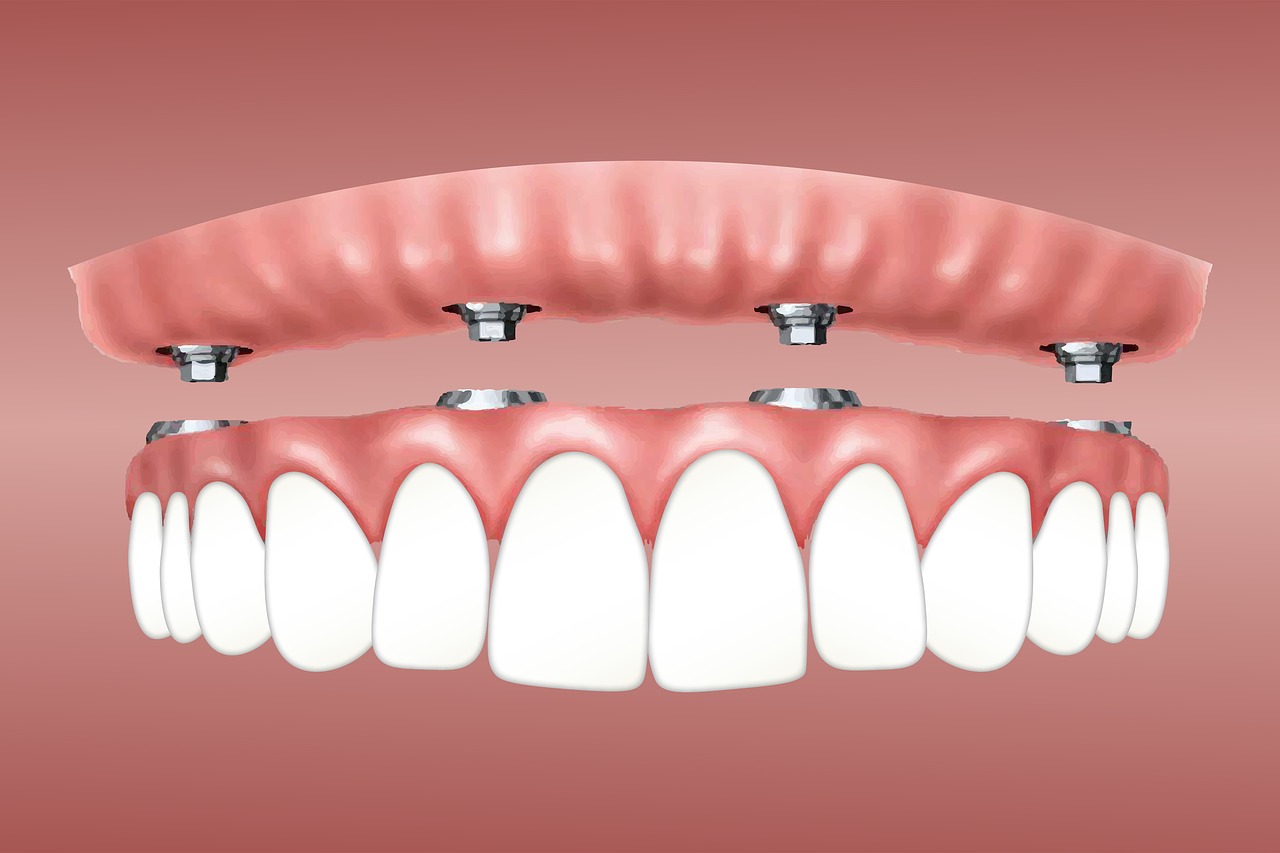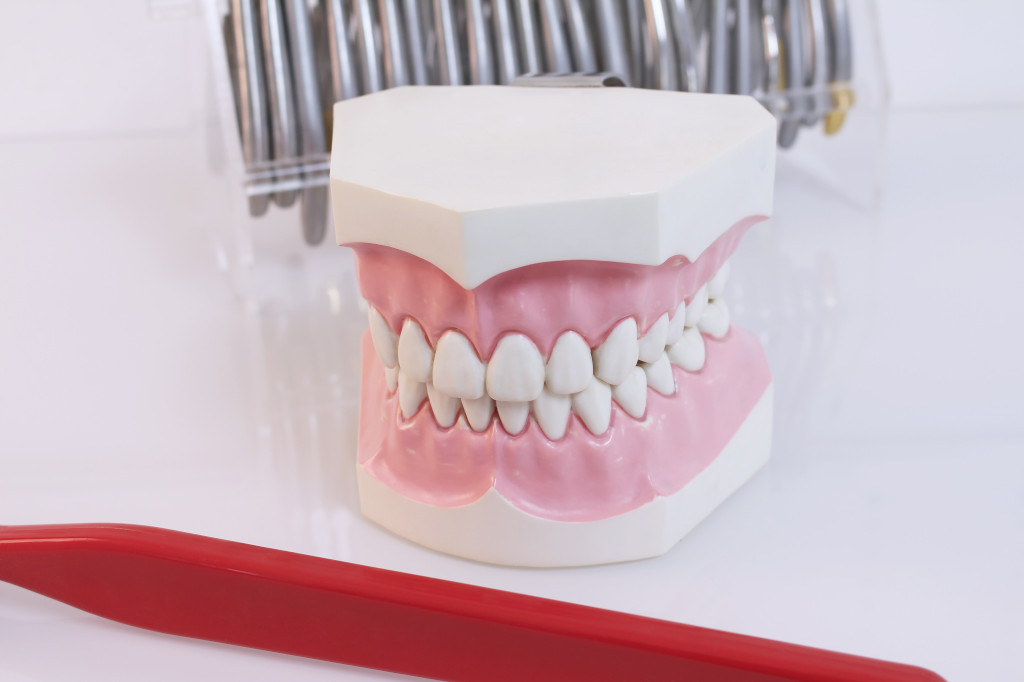A healthy smile is not only important for our appearance, but it can also have a significant impact on our overall health and well-being. Unfortunately, many people suffer from dental problems that require the use of prostheses, such as dentures or dental implants. While some may see these as merely cosmetic solutions, the truth is that dental prostheses can play a vital role in maintaining good oral health and improving quality of life. In this article, we’ll dive into the world of dental prostheses and explore when they may be necessary, how they work, and the benefits they offer. Whether you’re someone who is currently considering dental prostheses or simply curious about their importance, this article will provide you with valuable insights and information. So, let’s get started!
Do you dream of a new, beautiful smile? A perfect solution will be the reconstruction of teeth with the use of the Poznan prosthesis service. Qualified specialists from the Stankowscy-Białach dental clinic will do it for you!
Types of dental prostheses – fixed and removable
Dental prostheses come in two primary types: fixed and removable. Fixed prostheses are permanently attached to the teeth or jawbone, while removable prostheses can be taken out and put back in as needed. Fixed prostheses include dental implants, which are surgically placed into the jawbone and act as a replacement for missing teeth. Implants are considered the gold standard for tooth replacement because they look and function like natural teeth and can last for many years with proper care. Another type of fixed prosthesis is a dental bridge, which is used to replace one or more missing teeth by attaching artificial teeth to adjacent natural teeth. Removable prostheses, on the other hand, include dentures, which are custom-made to fit the patient’s mouth and are designed to replace multiple missing teeth.
The type of prosthesis that is best for an individual depends on a variety of factors, including the number of teeth that need to be replaced, the condition of the remaining teeth and gums, and the patient’s overall health. A dental professional can evaluate each patient’s unique situation and recommend the best type of prosthesis for their needs.
Reasons for needing dental prostheses
There are many reasons why a person may need dental prostheses. One common cause is tooth loss due to injury or decay. Missing teeth can create a variety of problems, including difficulty eating and speaking, as well as a loss of confidence and self-esteem. In addition, missing teeth can cause the remaining teeth to shift or become misaligned, which can lead to further dental problems. Dental prostheses can help restore proper function and appearance to the mouth, as well as prevent future dental issues.
Another reason why dental prostheses may be necessary is to correct problems with the bite or jaw alignment. This can include conditions such as overbite, underbite, or malocclusion, which can cause discomfort, pain, and difficulty with daily activities. Prostheses such as dental braces or aligners can help correct these issues and improve overall oral health.
Common dental prostheses – dentures, bridges, and implants
As mentioned earlier, there are several types of dental prostheses, including dentures, bridges, and implants. Dentures are removable prostheses that are designed to replace multiple missing teeth. They can be either full dentures, which replace all of the teeth in the upper or lower jaw, or partial dentures, which replace only a few missing teeth. Dentures can be made from a variety of materials, including acrylic resin, porcelain, or metal.
Dental bridges, as mentioned earlier, are fixed prostheses that are used to replace one or more missing teeth. They are typically made of porcelain or ceramic and are attached to adjacent natural teeth. Bridges can help restore proper chewing and speaking abilities, as well as prevent further dental problems.
Dental implants are another type of fixed prosthesis that is used to replace missing teeth. They are surgically placed into the jawbone and act as a replacement for the tooth root. Once the implant has fused with the jawbone, an artificial tooth is attached to the implant. Implants are considered the most natural-looking and long-lasting tooth replacement option.
Pros and cons of dental prostheses
Like any dental treatment, dental prostheses have both pros and cons. One of the main benefits of prostheses is that they can help restore proper function and appearance to the mouth. They can also prevent further dental problems and improve overall quality of life. Dental prostheses are also relatively easy to care for and can last for many years with proper maintenance.
However, there are also some downsides to dental prostheses. For example, dentures can be uncomfortable and may shift or move around in the mouth. They may also require frequent adjustments and replacements over time. Dental implants, while long-lasting and natural-looking, are also a more expensive option and require surgery to place them into the jawbone.
The process of getting dental prostheses
The process of getting dental prostheses typically involves several steps. First, the dentist will evaluate the patient’s oral health and determine which type of prosthesis is best for their needs. Next, molds or impressions of the mouth are taken to ensure a proper fit for the prostheses. If the patient is getting dental implants, surgery will be required to place the implants into the jawbone.
Once the prostheses are made, they are fitted and adjusted to ensure a comfortable and proper fit. The dentist will also provide instructions on how to care for and maintain the prostheses to ensure they last as long as possible.
Proper care and maintenance of dental prostheses
Proper care and maintenance of dental prostheses is essential to ensure they last as long as possible and function properly. For removable dentures, they should be removed and cleaned daily with a special denture brush and denture cleaner. They should also be soaked in water or a special denture solution overnight to keep them moist and prevent warping.
For fixed prostheses such as dental bridges or implants, regular brushing and flossing are essential to prevent plaque buildup and maintain proper oral hygiene. Patients should also see their dentist regularly for checkups and cleanings to ensure the prostheses are functioning properly and to prevent any potential dental problems.
Alternatives to dental prostheses – orthodontic treatment and cosmetic dentistry
While dental prostheses are a common solution for dental problems, there are also several alternatives available. For example, orthodontic treatment such as braces or aligners can help correct problems with the bite or jaw alignment. Cosmetic dentistry procedures such as teeth whitening or veneers can help improve the appearance of the teeth and gums.
Each alternative has its own benefits and drawbacks, and the best option for an individual depends on their unique situation. A dental professional can evaluate each patient’s needs and recommend the best treatment option.
Cost of dental prostheses and insurance coverage
The cost of dental prostheses can vary widely depending on the type of prosthesis and the individual’s specific needs. For example, dentures can cost anywhere from a few hundred to several thousand dollars, while dental implants can cost several thousand dollars per tooth. The cost of dental bridges falls somewhere in between.
Insurance coverage for dental prostheses varies depending on the individual’s insurance plan. Some plans may cover all or a portion of the cost of prostheses, while others may not offer any coverage. Patients should check with their insurance provider to determine what is covered under their plan.
Conclusion
Dental prostheses can play a vital role in maintaining good oral health and improving quality of life. Whether a person needs dentures, bridges, or implants, these prostheses can help restore proper function and appearance to the mouth, as well as prevent further dental problems. While there are both pros and cons to dental prostheses, they remain a common and effective solution for many dental problems. Patients should consult with their dental professional to determine the best treatment option for their needs.
Do you dream of a new, beautiful smile? A perfect solution will be the reconstruction of teeth with the use of the Poznan prosthesis service. Qualified specialists from the Stankowscy-Białach dental clinic will do it for you!
